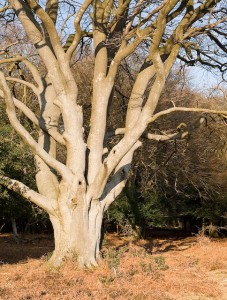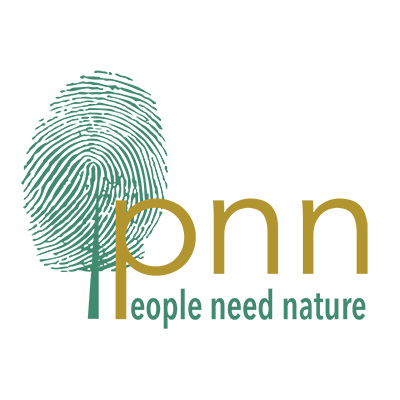Nature on public land

Public land is often very rich in nature because it has avoided impacts which affect wildlife, like the intensification of agriculture which has occurred since the 1950s.
Recession and housebuilding pressures mean there has been a large scale move to sell off surplus public land since 2005, which has increased substantially since 2010, with more public land disposal planned in the future.
And, as local authorities struggle to find income in the wake of continuing budget cuts, they are also selling off their surplus land and divesting themselves of the costs and responsibilities of managing land under their control, such as county farms or public open spaces. This is a major shift and presents both risks and opportunities.
Large areas of public land lend themselves to ‘rewilding’ initiatives, especially when combined with landholdings in voluntary sector ownership (such as that owned by the National Trust).
Public land is also likely to be more accessible than private land for the public to visit and enjoy nature.
PNN aims to highlight the extraordinary value of public land for nature, focused on areas where development or the sale of land threatens the loss of high nature value sites or the restriction of access to them.
The dispute over Lodge Hill in Kent is a good example of the need for action at the right stage to defend public land of high nature value. This former MoD land, and designated Site of Special Scientific interest, is home to both a rich military history, and rare and declining wildlife, like unimproved grassland and the nightingale. There is now a plan, at an advanced stage, to build up to 5,000 houses on the site.
Earlier intervention is needed to protect sites like Lodge Hill. We will work with Government agencies, developers and local communities in the initial stages of a development project, on alternative proposals which will ensure the development is sympathetic and inflicts the least damage possible on the nature present.
Impacts on nature are affected by public spending decisions, either through council tax, government expenditure or subsidies for farming, for example. People Need Nature sees an opportunity to strengthen the connection between people and nature by promoting a new approach to the management of public land and public spending, which places the needs of nature at the heart of public decision making.
Under this theme we are working with orthodox conservation charities, as part of existing networks and also with new organisations, like Rewilding Britain. And we will work with Green Alliance on a new system for the public support of sustainable land management practices.
